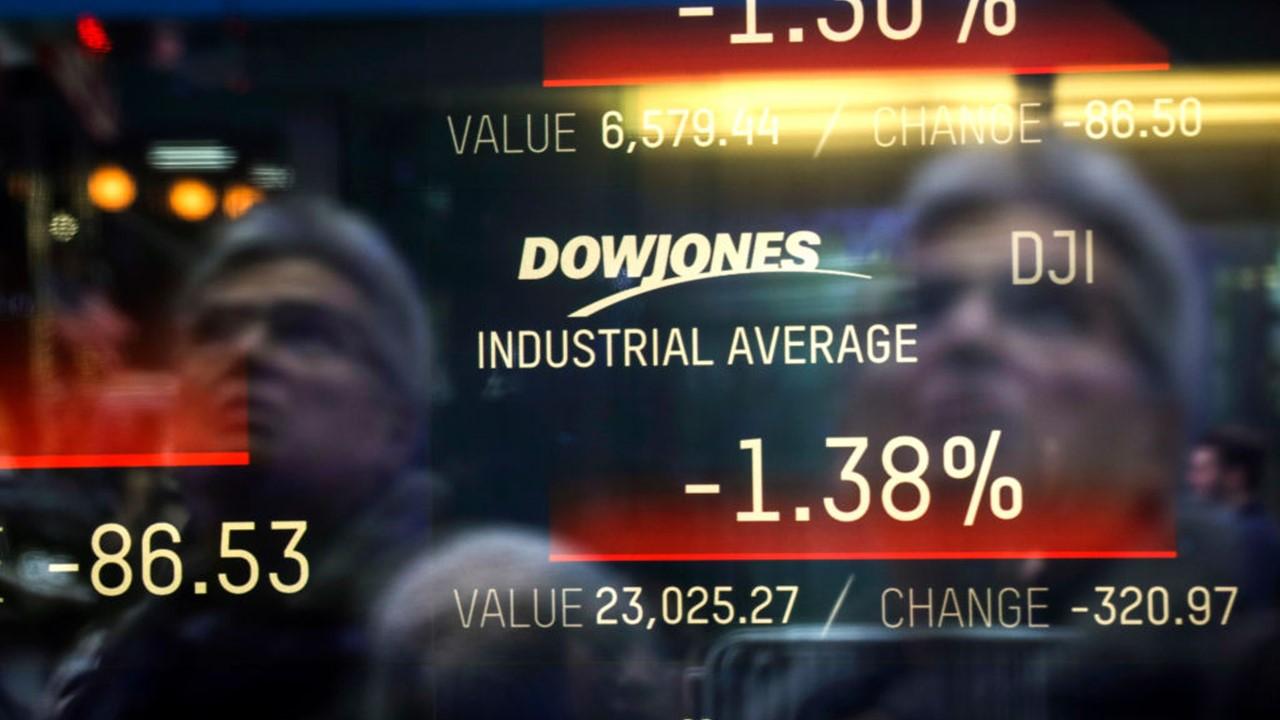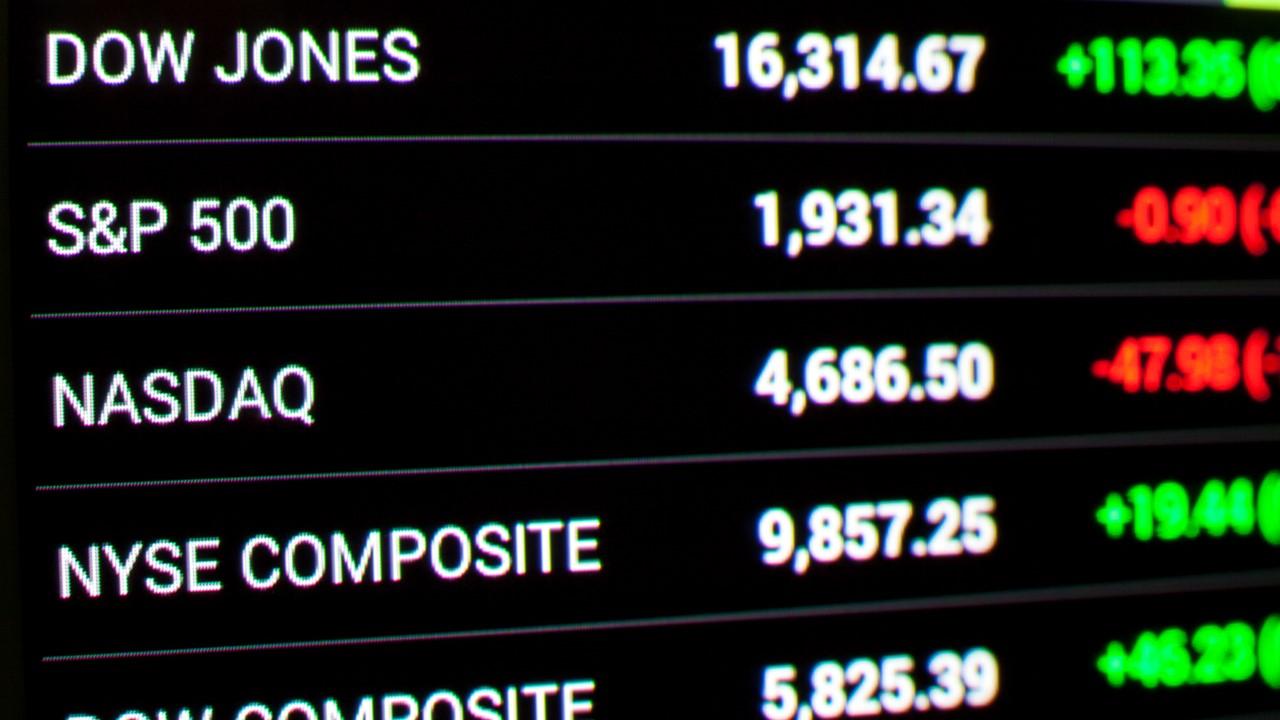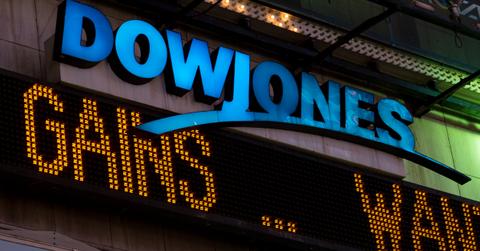How Are Dow Jones Industrial Average Companies Chosen?
How are the 30 companies in the Dow Jones Industrial Average chosen for the index?
Oct. 2 2020, Updated 12:51 p.m. ET
The Dow Jones Industrial Average (DJIA) is a commonly used representation of the U.S. stock market. Alongside the S&P 500 and the Nasdaq Composite, the DJIA is cited the most in U.S. economic media coverage.
Dow Jones & Co. was originally founded in 1882 by Charles Dow, Edward Jones, and Charles Bergstresser, according to Investopedia. At first, Dow Jones & Co. focused on growth stocks, but gradually evolved to become the Dow Jones Industrial Average in 1896.

Who are DJIA members?
None of the original 12 companies of the DJIA remains in the index today. Recently, General Electric was removed from the listing after 110 years in the DJIA.
The Dow’s companies today come from various industries including information technology, healthcare, and consumer discretionary. Industries not included in the index are transportation and utilities. Companies have changed 60 times since the DJIA was first published.
According to CNBC, the he 30 companies currently included in the DJIA as of Oct. 2, 2020 are American Express, Amgen, Apple, Boeing, Caterpillar, Cisco Systems, Chevron, Goldman Sachs, Home Depot, Honeywell International, IBM, Intel, Johnson & Johnson, Coca-Cola, JPMorgan Chase, McDonald’s, 3M, Merck & Co., Microsoft, Nike, Procter & Gamble, Travelers Companies, UnitedHealth Group, SalesForce.com, Verizon Communications, Visa, Walgreens Boots Alliance, Walmart, Walt Disney, and Dow Inc.

How does the DJIA work?
The Dow Jones Industrial Average is a price-weighted index, which means that it doesn't take market capitalization into account. Greater weight is given to companies with a higher stock price. Forbes explains that the DJIA “does not account for market capitalization, which is the total market value of all of a company’s shares.”
The S&P 500 and the Nasdaq differ from the Dow in that they include market capitalization in their weighting and analyses. According to Forbes, “The difference in how the Dow weights its index can lead it to have more short-term ups and downs than market-cap-based indexes.”

How are DJIA companies chosen?
Motley Fool explains that Dow components are chosen by the S&P Dow Jones Indices, without specific rules for who may be included. Companies in the DJIA are usually large, well-respected companies with a long record. However, they aren't necessarily the largest 30 companies in the market.
The Wall Street Journal is published by Dow Jones. The Wall Street Journal editors subjectively participate in choosing the companies to add to or delete from the DJIA. Since 2012, the Dow has been a part of the S&P Dow Jones Indices.
The 30 companies on the Dow Jones Industrial Average create a fairly broad overview of the U.S. economy, even though it's a more limited index than the S&P 500 and Nasdaq. “Despite all its shortcomings, the Dow is still one of the most-watched indicators for stock market performance and the shape of the U.S. economy.”

